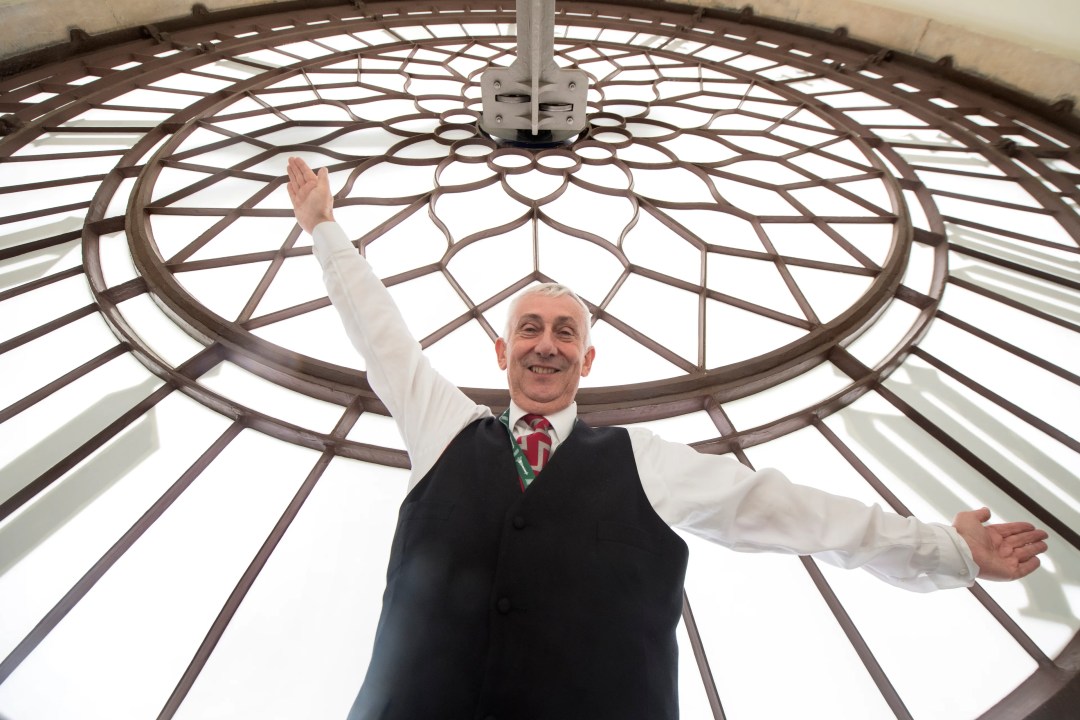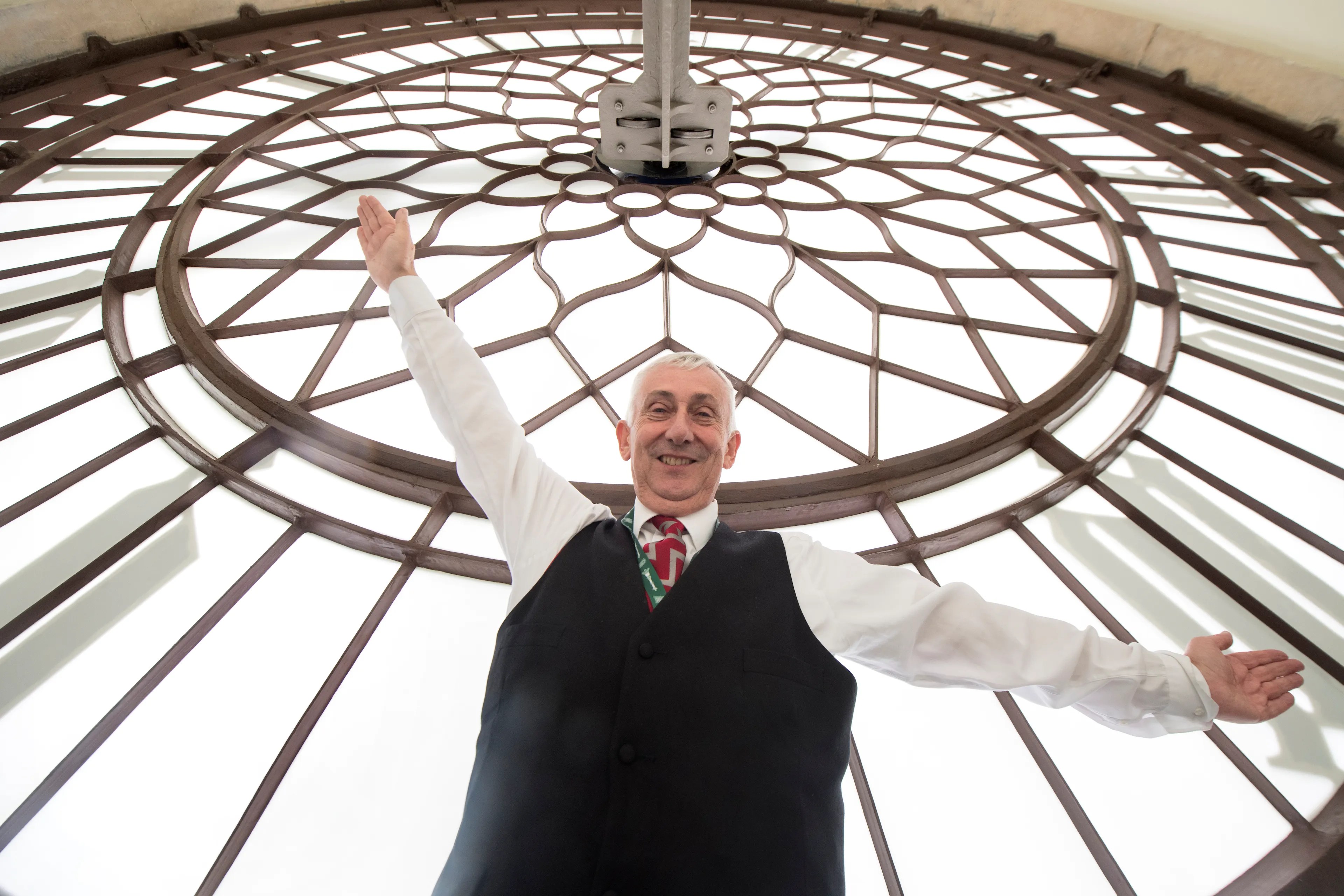British households could save £400 a year if we left the clocks alone this weekend instead of putting them back an hour, according to Professor Aoife Foley, an energy expert at Queen’s University Belfast. The logic is simple. We use a lot more electricity in the evening than in the morning. That is why daylight savings time was introduced in Europe and North America during the First World War. Some countries later abandoned it only to bring it back during the Second World War and during the energy crisis of the 1970s. Every time the reason was the same: it saves precious energy.
As Britain and Europe grapple with an energy crisis going into winter, it is surprising that so few people have suggested the easy fix of year-round British Summer Time (BST). Whilst the impact of lighter evenings is most pronounced in the summer, the logic applies to winter too. December and January are inherently dark, miserable months in Britain and no amount of tinkering with the clocks is going to change that, but we would see real benefits from year-round BST in November, February and March – especially March.
One peculiarity of the current system is that the clocks go back seven weeks before the shortest day (21 December) but do not go forward until thirteen weeks after it. On the day before the clocks go back, the sun rises at 7:48 a.m. The day before they go forward, the sun rises at 5:52 a.m. This ludicrous imbalance, which makes March unnecessarily gloomy, has always existed but was made worse when the EU pushed daylight savings time back to the end of March. At the very least, the British government should consider moving it forward to February.
Better still, we could follow the lead of the USA where the gloriously titled Sunshine Protection Act, which would mandate daylight saving time all year round, was approved by the Senate in 2021 and now awaits a vote in the House of Representatives.
Traditionally, opposition to year-round BST has come from farmers, milkmen and people speaking on behalf of schoolchildren, who are supposedly at risk of road accidents if they walk to school in the dark. But milkmen barely exist anymore, farmers can get up whenever they like, and children seem to be driven everywhere these days. In any case, children are more at risk walking home in the dark because they are more likely to take diversions after school.
Boomers who support the current system – along with the extremists who want to abolish BST altogether – often point to the experiment of the late 1960s when BST was made permanent for three years. They claim that there was an increase in pedestrians getting run over. But according to the Royal Society for the Prevention of Accidents, the rise in the number of road accident casualties in the morning was comfortably outweighed by a decline in casualties in the evening. Overall, the number of people killed and seriously injured on the roads in the winters of 1968/69 and 1969/70 was 11.7 per cent lower than in the previous two years.
Veteran journalist and BST-sceptic Peter Hitchens, who accuses ‘clock fiddlers’ of ‘mass deception’, says that if people like daylight so much they should get up earlier. The obvious rebuttal is that he should stay up later. Thanks to office hours, train timetables, TV schedules and so on, no one can fully free themselves from the official time. For most people, an hour of sunlight from 6pm is worth more than an hour’s sunlight from 6am. In mid-March, under GMT, it gets light at 6:00 a.m. and dark at 6:00 p.m. This would be normal for a fisherman on the Equator, but it doesn’t work for the majority of people in Britain.
What about the island of Ireland, you may ask? Brexit has caused enough problems between Northern and Southern Ireland without giving them different time zones. This needn’t be a problem. The EU began plans to get rid of clock-changing several years ago. Ironically, it was Brexit that put them on hold because it was assumed the UK would stick with the current system. Let us tell them otherwise. What an opportunity to end daylight robbery, avoid blackouts and undermine Putin.







Comments